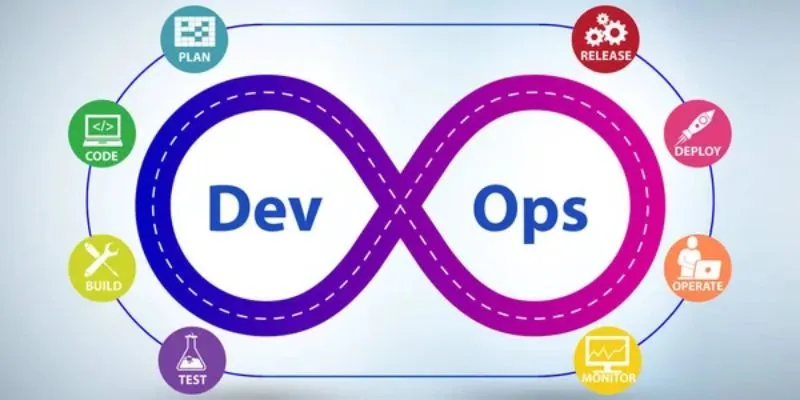Software development now involves much more than simply writing code. It also involves managing and maintaining code. The focus is on delivering solutions quickly, efficiently, and with high quality. Customers expect updates, new features, and bug fixes at a fast pace. Businesses that cannot keep up risk losing their competitive edge. This is where DevOps becomes important.
DevOps is more than just a buzzword. It is a cultural and technical approach that combines software development (Dev) and IT operations (Ops) to shorten the software development lifecycle. By fostering collaboration, automation, and continuous improvement, DevOps has become the secret behind faster, more reliable software delivery. For professionals who want to master these practices, enrolling in a DevOps Course in Trichy at FITA Academy can provide the right skills and hands-on training to stay ahead in the industry.
1. Breaking Down Silos Between Teams
Traditionally, development and operations worked in isolation. Developers wrote code, handed it over to operations, and waited for deployment. This handoff often created delays, miscommunication, and conflicts. DevOps eliminates these silos by encouraging close collaboration between developers, testers, operations, and even business stakeholders. When everyone works toward a shared goal of rapid delivery, issues are identified earlier, bottlenecks are reduced, and products move from idea to customer much faster.
2. Embracing Automation for Speed and Accuracy
One of the biggest advantages of DevOps is automation. Tasks like code integration, testing, deployment, and monitoring can now be automated using DevOps tools. This not only saves time but also reduces human error.
Examples of automation in DevOps include:
- Continuous Integration (CI): Automatically integrating code changes into a shared repository.
- Continuous Deployment (CD): Pushing updates to production without manual intervention.
- Automated Testing: Running test cases instantly to ensure software quality.
With automation, teams can release software updates in hours or days instead of weeks or months.
3. Continuous Integration and Continuous Delivery
The CI/CD pipeline is central to DevOps and drives faster software delivery. Instead of waiting to integrate code at the end of a project, CI ensures that developers merge their changes often. Automated testing identifies bugs early, and CD makes sure that new features reach users quickly and reliably. This ongoing process allows businesses to respond more quickly to customer feedback, adjust to market changes, and maintain an edge over competitors.
4. Improved Collaboration and Culture
DevOps isn’t just about tools it’s also about culture. It promotes a mindset of ownership, transparency, and shared responsibility. Developers understand operational challenges, while operations teams get involved earlier in the development process. This cultural shift leads to better communication, faster problem-solving, and ultimately, quicker delivery of high-quality software.
5. Enhanced Monitoring and Feedback Loops
Fast delivery doesn’t mean much without stability. DevOps integrates monitoring and feedback mechanisms to ensure software runs smoothly after deployment. Real-time monitoring tools allow teams to detect issues quickly, while feedback loops from users provide insights for future improvements. By addressing problems proactively, teams maintain both speed and reliability.
6. Real Business Benefits of DevOps
Adopting DevOps practices delivers tangible results for businesses:
- Faster Time-to-Market: Companies can launch products and features more quickly.
- Higher Quality Software: Automated testing ensures fewer bugs in production.
- Cost Savings: Efficient workflows reduce wasted resources.
- Better Customer Satisfaction: Faster updates mean happier users.
Major companies, such as Netflix, Amazon, and Facebook, rely on DevOps to deliver frequent updates without downtime, proving its value in real-world scenarios.
DevOps has transformed the way businesses build, test, and deliver software by promoting collaboration, automation, and continuous improvement. It not only accelerates delivery but also ensures higher quality and reliability, helping organizations stay competitive in a rapidly changing market. As more companies adopt DevOps practices, the demand for skilled professionals continues to grow. For those looking to build expertise in this field, enrolling in a DevOps Course in Salem can be a smart choice. Such training provides hands-on experience, practical knowledge, and industry-relevant skills that prepare you to thrive in the evolving world of software development.


